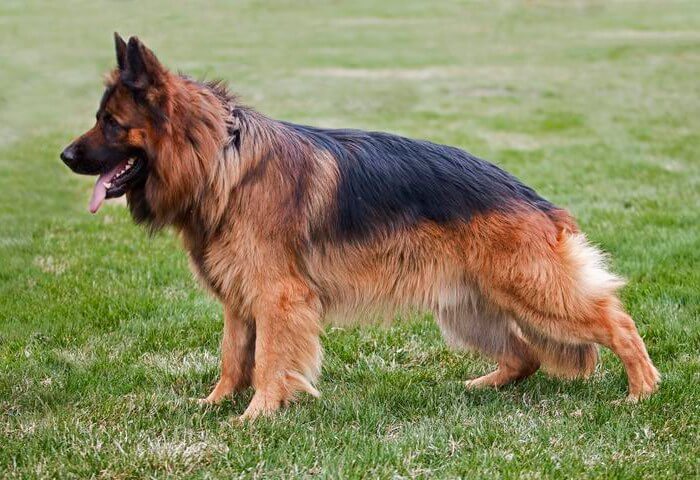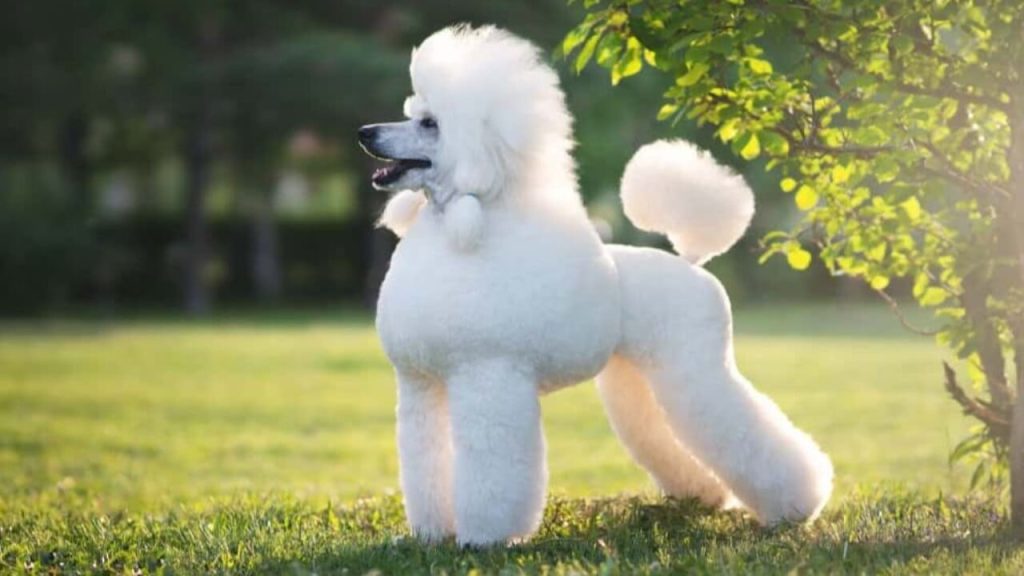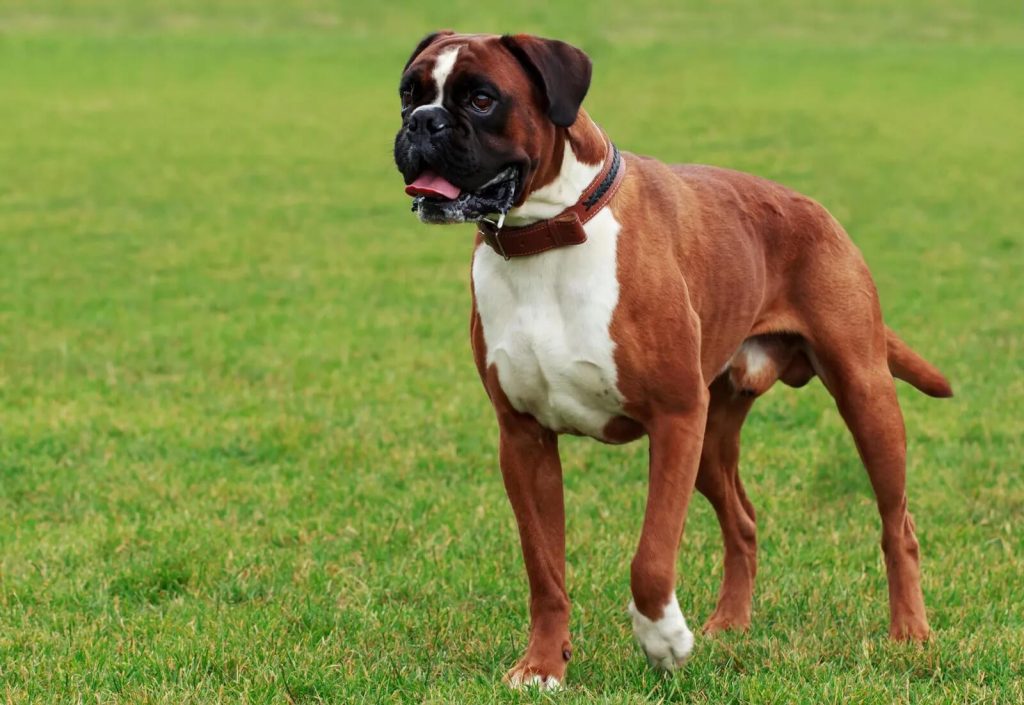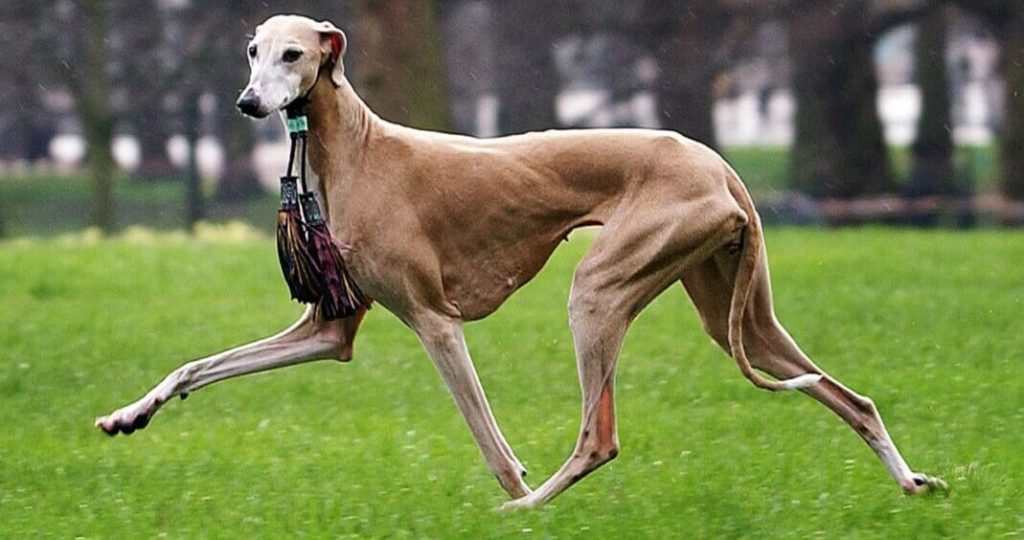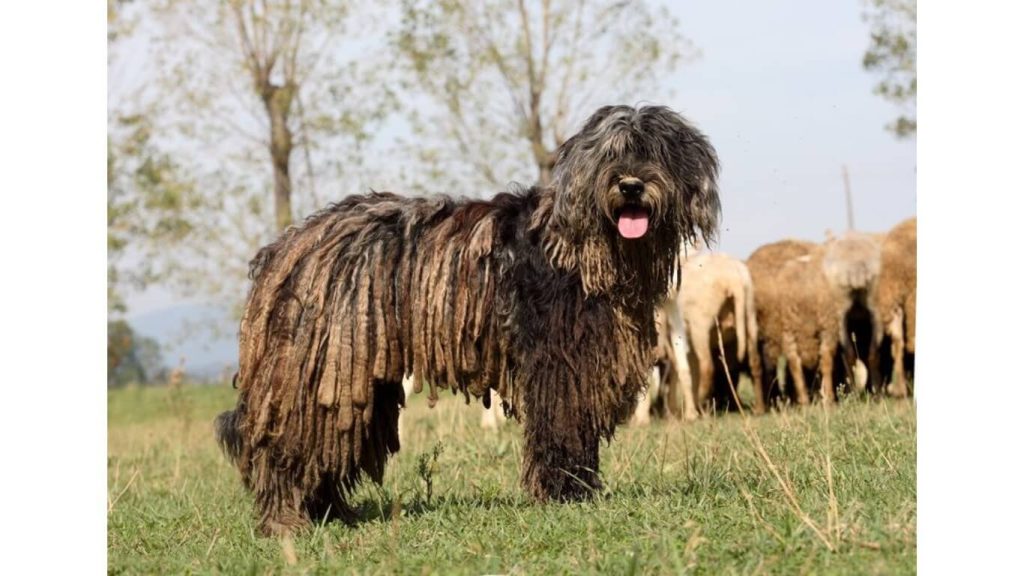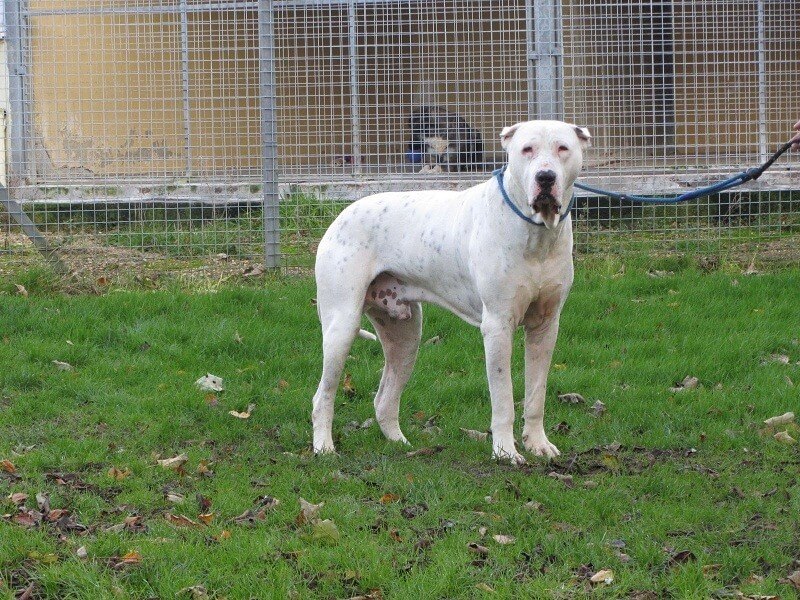Teacup Dog – Size, Breeds, Health and Care Guide
Teacup dogs are extremely small companion dogs. They are not an official breed, but a size category.
These dogs typically weigh under 4 pounds and stay very small throughout life. Because of their size,
they need gentle care and close supervision. This guide covers popular teacup breeds, health concerns,
grooming needs, and tips for safe care.
What Is a Teacup Dog?
A teacup dog is a very small version of a toy breed. Breeders select the smallest dogs from a litter
to produce tiny puppies. These dogs are meant to stay small enough to fit in a purse or sit on the palm
of your hand.
Teacup dogs are not recognized as a separate category by major kennel clubs. They are simply small toy dogs.
Teacup Dog Size
- Weight: Usually 2 to 4 pounds
- Height: Around 6 inches or less
- Body: Fragile bones and a small frame
Popular Teacup Dog Breeds
Many toy breeds have teacup-sized versions. Some of the most common include:
- Teacup Pomeranian
- Teacup Chihuahua
- Teacup Poodle
- Teacup Maltese
- Teacup Yorkshire Terrier
- Teacup Shih Tzu
Temperament and Personality
Teacup dogs can be friendly, social, and affectionate. They enjoy staying close to their owners and
often form strong bonds. Their small size makes them good indoor pets, but they still need play,
stimulation, and training.
- Active but gentle
- Alert and curious
- May bark frequently
- Prefer calm environments
Health Concerns in Teacup Dogs
Teacup dogs are more delicate than standard-sized dogs. Their tiny size increases several risks:
- Low blood sugar: Can cause weakness or collapse if not fed regularly.
- Fragile bones: Higher risk of fractures from small falls.
- Heart problems: Common in small-breed dogs.
- Breathing issues: Especially in flat-faced breeds.
- Digestive problems: Sensitive stomachs and low appetite.
- Temperature sensitivity: They get cold easily.
Regular vet care is important for monitoring their health and avoiding complications.
Lifespan
Most teacup dogs live around 10 to 15 years. Their lifespan depends on genetics, diet,
care, and overall health.
Care Tips for Teacup Dogs
Feeding
Teacup dogs need small, frequent meals. This prevents low blood sugar and supports steady energy.
High-quality food designed for small breeds works best.
Grooming
- Brush the coat daily to avoid tangles.
- Clean eyes and ears regularly.
- Trim nails often because teacup dogs walk less.
Exercise
These dogs need light activity only. Short walks and gentle indoor play are enough.
Avoid rough play or jumping from furniture.
Safety
- Keep them away from large pets.
- Supervise interactions with children.
- Use soft bedding to protect bones.
- Provide warm clothing in cold months.
Are Teacup Dogs Good for Kids?
Teacup dogs can be good companions, but their size makes them fragile. Homes with older,
gentle children are better. Families with very young children may not be ideal.
Adopting a Teacup Dog
Before adopting, ask the breeder or shelter about:
- Health history
- Genetic conditions
- Feeding routine
- Vaccination records
- Parent dogs’ size
Consider adopting from reputable breeders or rescue groups to avoid unhealthy breeding practices.
FAQs: Teacup Dogs
Are teacup dogs a real breed?
No. “Teacup” describes size, not breed.
Are teacup dogs healthy?
They can be healthy, but they have more risks because of their small body size.
Regular vet care is important.
How much do teacup dogs cost?
They can be expensive. Prices often range from $500 to several thousand dollars, depending on breed and breeder.
Do teacup dogs need special care?
Yes. They need frequent meals, gentle handling, and safe environments due to their fragile bodies.
Final Note
Teacup dogs are adorable and loyal companions, but they require gentle care and attention.
With proper feeding, safe handling, and regular vet visits, they can live a happy and healthy life.


